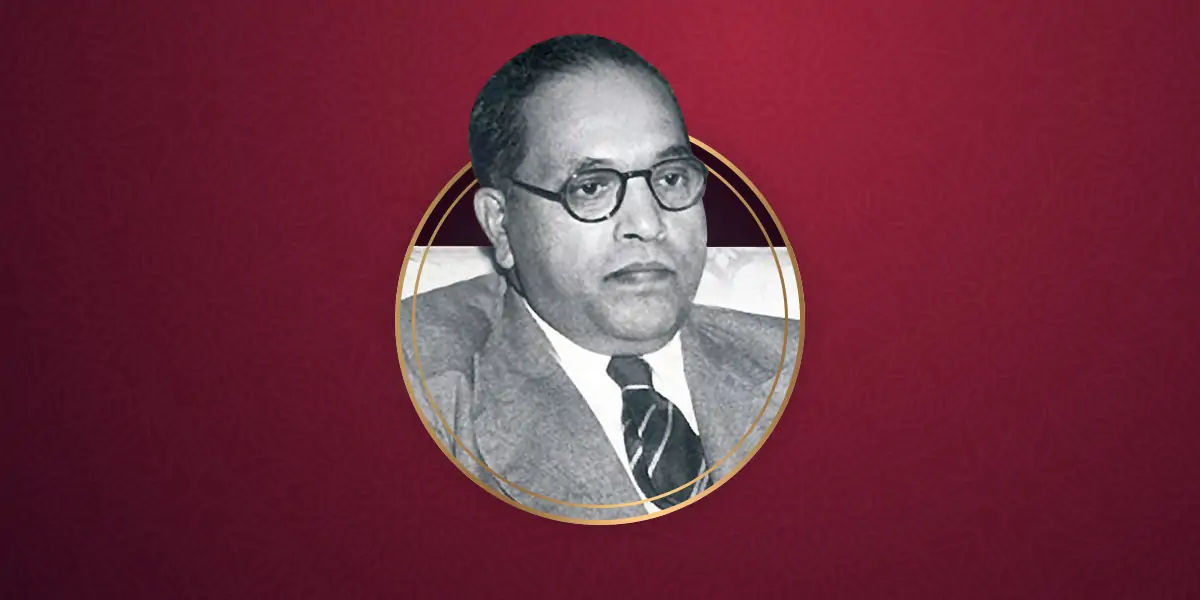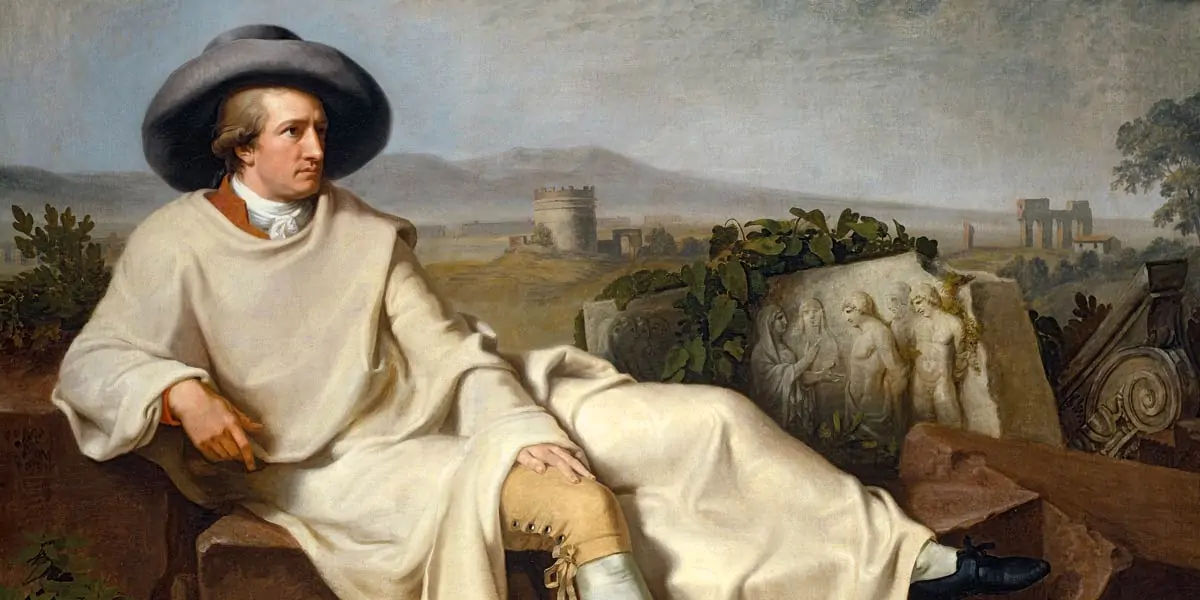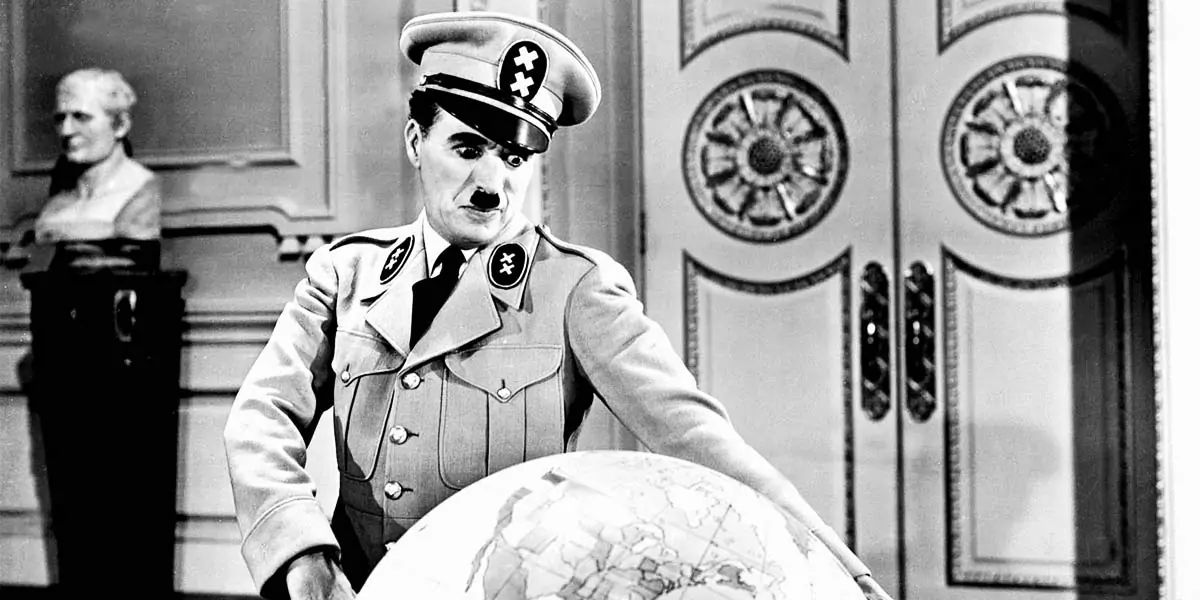Burmese opposition leader Aung San Suu Kyi received the Nobel Peace Prize in 1991.
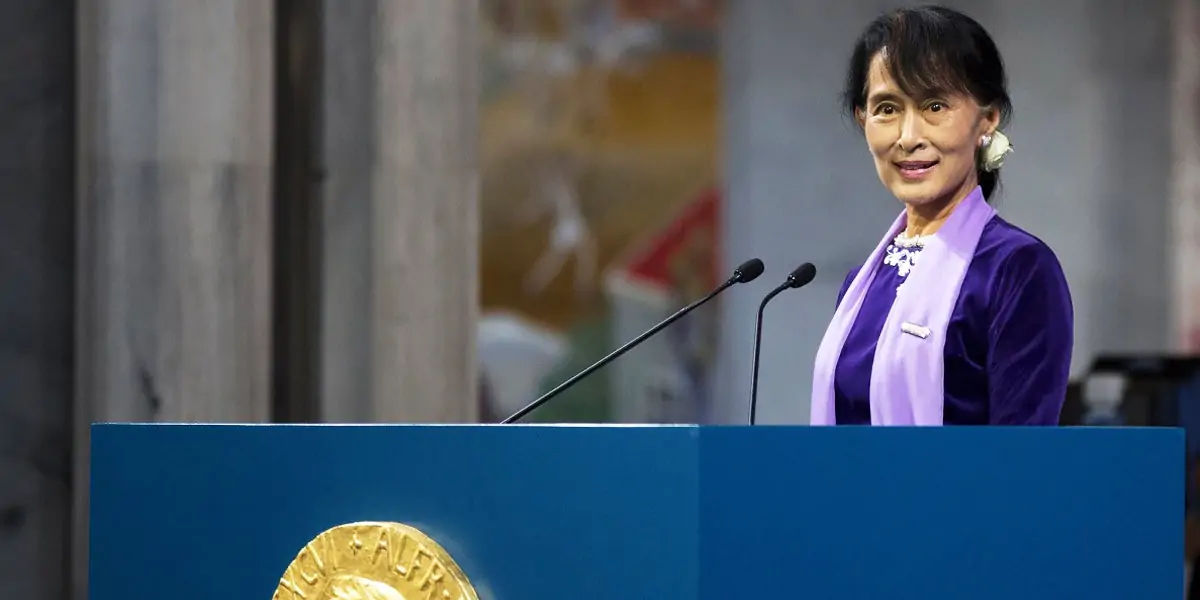
Aung San Suu Kyi, the Burmese Peace Prize Laureate, is the daughter of the renowned liberation struggle leader Aung San. She was opposed to all forms of violence and urged military commanders to give up control to a civilian government. The goal was to create a democratic society in which the country's ethnic groupings could coexist peacefully. The Nobel Peace Prize had a tremendous influence on rallying global support for Aung San Suu Kyi's cause. However, she was held under house arrest for nearly 15 of the 21 years between her arrest in July 1989 and her release on November 13, 2010, allowing her to restart her political career and leave her mark on Myanmar's gradual liberalization.
Related On This Day
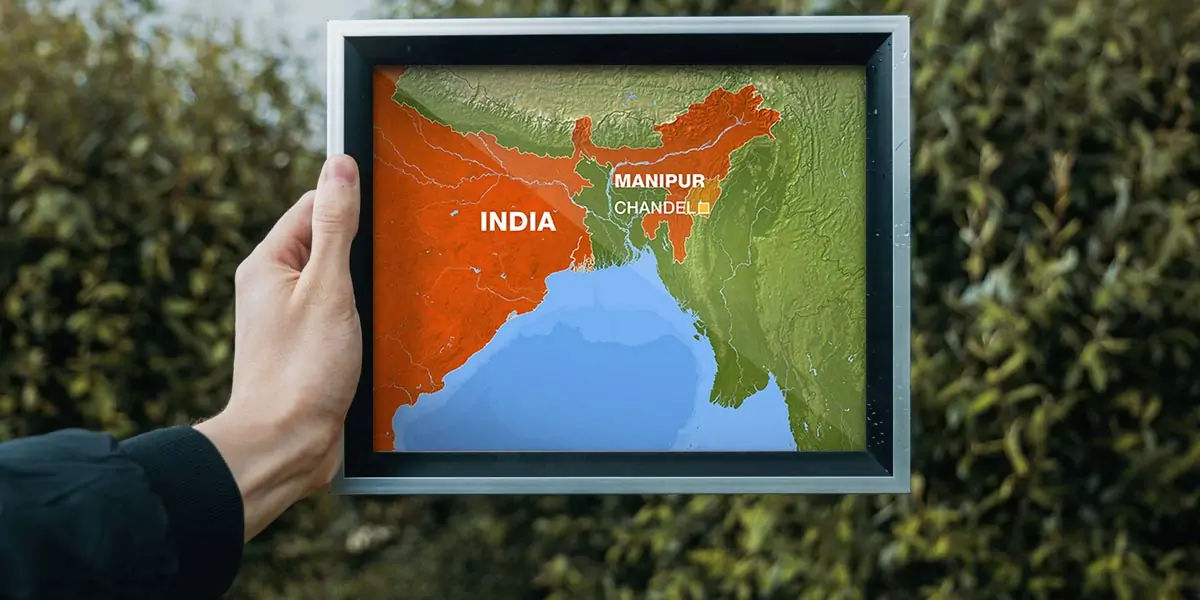
Manipur's land was taken over by the Indian government in 1949, and Tripura joined the Indian union.

Marie Antoinette, Queen of France (1774-92), who supposedly uttered the words "let them eat cake," was executed in 1793 at the age of 37.

Lionel Messi, at 17, makes his league debut for FC Barcelona in a 1-0 win over cross-town rivals Espanyol at the Estadi Olmpic Llus Companys in Barcelona in 2004.

Akbar, the third Mughal Emperor of India (1556-1605), was born in Umerkot, Sindh, in 1542.

Hema Malini, an Indian actress, politician, director, and producer, was born on October 16, 1948.

Mata Hari, a Dutch dancer, courtesan, and convicted German WWI spy, was killed by firing squad in 1917 at the age of 41.
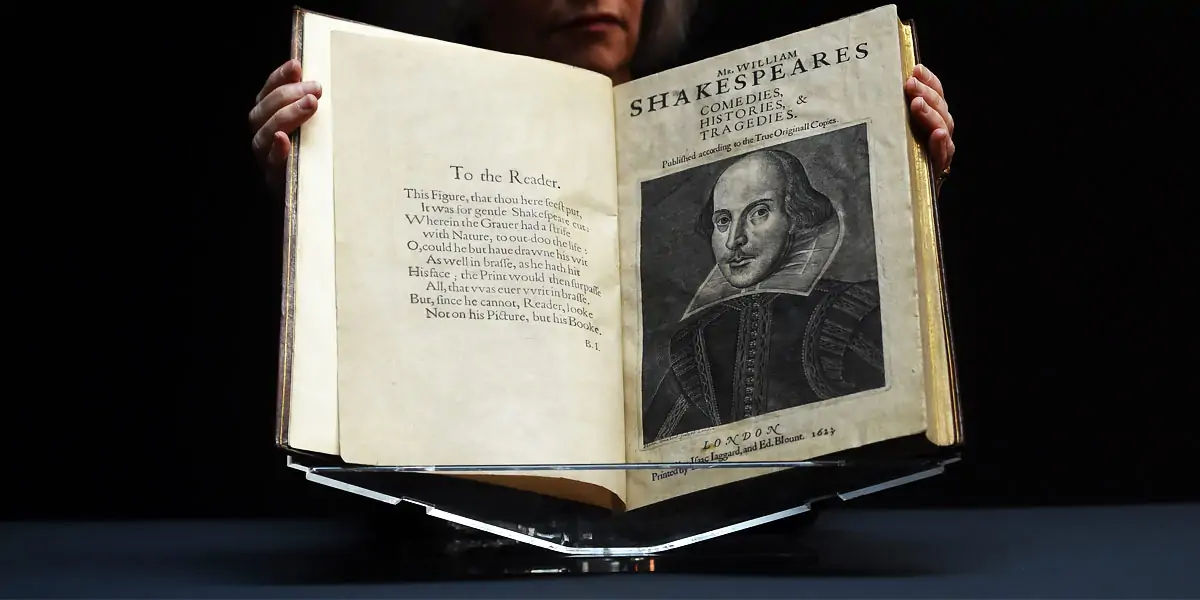
2020 A copy of William Shakespeare's First Folio sells at auction for a record $9.98 million in New York.
